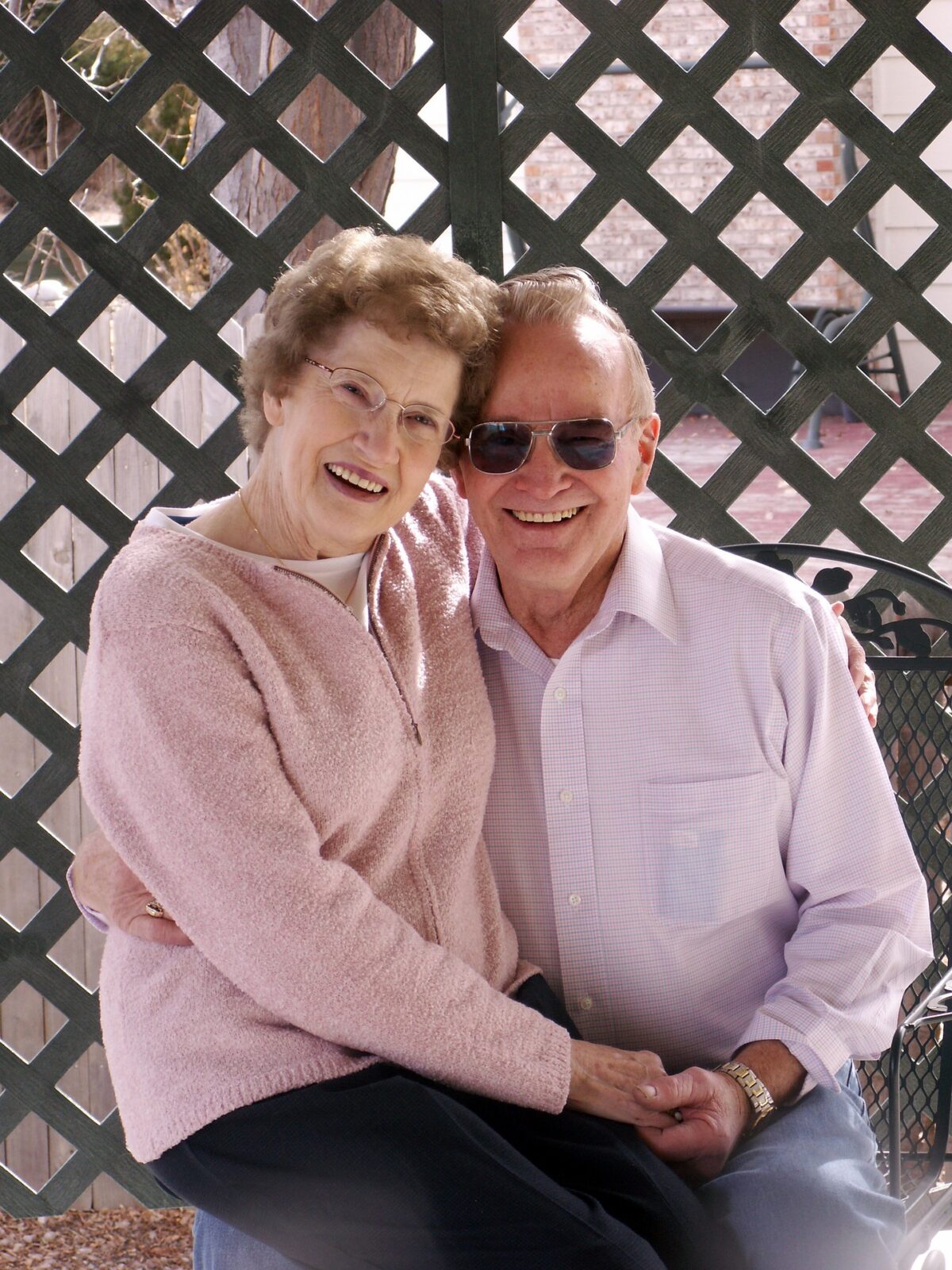What Good Is Retirement If You Don’t Enjoy It?
We spend a big portion of our lives dreaming about and planning our retirement. It’s exciting knowing that we’ll be able to do what we want when we want it. Having that kind of freedom sounds much better than running between meetings or working overtime to meet deadlines.
But is retirement all it’s cut out to be?
Keep reading to find out about retirement: the good, the bad, and the ugly.
Retirement Statistics
According to studies from the National Center for Health Statistics, the average 65-year old can expect to live until they’re almost 84. That’s 6 and a half years longer than it was back in 1940!
This is one reason why more people are going back to work during their retirement. In fact, seven out of 10 people view working while they’re retired as a good thing. Based on a study carried out by Bankrate. 38% percent of those who participated in the study say they chose to go back to work during their retirement.
So, if retirees are expected to live longer, why are they unhappy? That takes us to the 35% who say they have to stay working because they need the money. The final 27% are those who enjoy the work, at the same, they still rely on that extra bit of income.
Ready for another sobering statistic? Over 47% of people already in retirement are worried they may outlive their retirement savings.
Retirement: Truths vs. Reality
Many of us imagine our retirement to be traveling around the world or going on a cruise. Others see themselves learning new hobbies or picking up old ones. Some people just want to enjoy their kids and grandkids while they’re still healthy enough to be able to.
The truth is retirement becomes a period of lack of purpose and loneliness. For many people, it slowly feels like you’re disconnected from life as you know it.
This tends to lead to anxiety, stress, and obesity. Other symptoms many retirees suffer from are obesity and high blood pressure. This is a direct result of leading a sedentary lifestyle. Watching too much TV and not eating the right types of food results in chronic diseases, and it only snowballs from there.
Also, those who retire tend to use less and less of their cognitive skills. This can lead to a decline in focus and concentration, which can eventually lead to dementia.
A study on retirees who suffer from clinal depression after retirement was done by the Institute of Economic Affairs. Their study found that the risk goes up to about nearly 40% after retiring.
This comes as a direct result of losing the structure and schedule of having a steady job. Part of it is also missing out on the intellectual and social stimulus that work brings.
It’s understandable. Once retired, you give up the daily social interactions you’ve been used to for years. You also give up your steady routine, which you used to hate, but, suddenly, you miss more than ever.
Retirement is similar to the grieving process people go through when they lose a loved one. You have to take it step-by-step and give yourself time to adjust and recalibrate.
Show Me The Money
Investment companies make a big hype of telling us that the key to a successful life is saving up enough money so you can eventually quit working. It’s not very goal-oriented, but it’s how a large number of people feel about their work before retirement and after.
It somewhere portrays this picture that once you retire, thats the end of life as we know it. After you reach that milestone, sit back and live out your remaining years in slow decline.
That could be what our parents’ generation decided to do with their retirement years. However, many of us today want something that adds purpose to our lives.
Plus, it’s good to find a part-time job somewhere or work as a consultant. This keeps your mind sharp, which is something we’re constantly in need of no matter how old we are. Having that option also allows you to meet new people and learn new things.
The Big Picture
The ones I like the most are those who’re looking at the big picture. They know they’ve spent many years in the workforce. They also know it’s only fair to give the younger generation a chance, just as older generations did before them.
But they’re not just sitting at home feeling like a victim and wilting away. They’re out looking for jobs that fit into their new chapter of life. It could be full-time, part-time, non-profit volunteer work—it’s up to you!
They’re also out there learning new things and meeting new people. Research shows the beauty of retirement with socially active retirees enjoying greater emotional and physical health
Being retired doesn’t mean you’ve become a statistic or fallen victim to old age. It means the path has slightly shifted to a new purpose. The best part is you’ve reached that point in your life where you get to set all rules.
Sure, you can put your feet up. You’ve earned it!
But you should also keep yourself in good shape, both mentally and physically. Here are a few ideas you can try to stay happy and healthy during your retirement.
- Volunteer at local shelters, soup kitchens, or any non-profit organization
- Take a class to keep your mind sharp and meet new people with similar interests
- Go on regular walks or join a gym
- Practice yoga, meditation, or tai chi
- Establish a daily routine that you can stick to
Being Active In Senior Years
Depending on age and general health, there are various ways one can stay healthy and energetic.
- Choose Your Favorite Activity: Instead of opting for an exercise routine that you are not very familiar with, choose your favorite sport or activity that helps you move more. This makes ‘being active’ fun and easy.
Good Options Include
- Walking
- Cycling
- Swimming
- Gardening
- Weight Training: This helps you gain muscle mass which is lost as part of aging process.
Remember, before starting any exercise programme, it is wise to talk with your doctor.
- Tracking Progress
Get a dairy so you can keep track of your progress. This will help you track your progress and make necessary changes to your physical routine accordingly.
- Wear Appropriate Clothing
Clothes you wear while exercising should provide enough ventilation and flexibility to move freely. Also wear appropriate shoes and other safety gear to have a good exercising experience.
- Drink as much water as you can to avoid dehydration.
Seniors Who Have Had A Little Or No Experience Of Being Active
Better late than never! Even if you have never exercised, or have completely stopped exercising, you can always start now. Even by performing simple exercises such as a brisk walk early morning, you can develop muscle mass and help strengthen your bones.
Advantages Of Being An Active Senior Adult:
- Science proves that being active in old-age, can help prevent (or at least delay) disease and disability.
- Regular physical activities also help improve metabolism, blood circulation and immune system health.
- Studies show that senior adults who are active are less prone to develop stress and are often in good mood. This helps to lower the risk of developing depression.
Getting regular physical activity helps keep you young, energized and physically fit. As a result you can enjoy retirement that much more!
A Final Note
Once you decide it’s time to retire, take a step back, and be proud of all you’ve accomplished. Take a few moments to reflect on the fact that you are much more experienced, much wiser and likely much more resilient than you were when you were younger a couple of decades ago.
Retirement is like the pot at the end of the rainbow. We have our hearts set on it. Then, once we get to it, we’re so baffled by it, we don’t know what we’re supposed to do with it!
So, make a list of everything you’d like to accomplish in your golden years to make your retirement more enjoyable. Then, get out there and start ticking things off that list!


